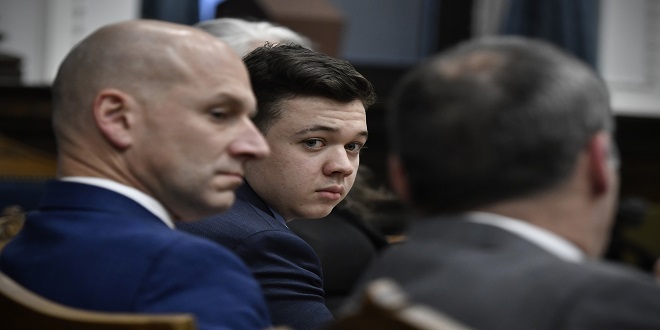The Polarizing Case of Kyle Rittenhouse: Examining the Legal and Social Implications

The Kyle Rittenhouse case has been one of the most polarizing and contentious legal cases in recent American history. The case involves a 17-year-old from Antioch, Illinois, who traveled to Kenosha, Wisconsin, during protests against the police shooting of Jacob Blake in August 2020. Rittenhouse carried an AR-15 style rifle and ended up shooting and killing two people and injuring a third.
The case has become a flashpoint for debates around gun control, self-defense laws, and the role of vigilantism in modern America. Supporters of Rittenhouse argue that he was acting in self-defense and exercising his Second Amendment rights. Critics argue that he was a vigilante who had no business being in Kenosha with a deadly weapon and that his actions were motivated by a desire to confront and intimidate protesters.
The legal case against Rittenhouse is complex, but it centers around the concept of self-defense. Rittenhouse’s defense team argues that he acted in self-defense when he shot and killed Joseph Rosenbaum and Anthony Huber and injured Gaige Grosskreutz. They claim that Rittenhouse was being attacked by the three men and that he feared for his life.
However, prosecutors argue that Rittenhouse provoked the confrontation by bringing a deadly weapon to a volatile situation. They claim that Rittenhouse was not acting in self-defense but was instead looking for a fight. They also argue that Rittenhouse did not have the legal right to carry a weapon at his age and that his actions constituted a violation of Wisconsin gun laws.
The case has been closely followed by both the media and the public, with many people weighing in on the legal and moral implications of the case. Some see Rittenhouse as a hero who stood up to the forces of lawlessness and chaos, while others see him as a dangerous vigilante who has no place in a civil society.
The Rittenhouse case also raises broader questions about the role of vigilantism in modern America. The rise of vigilantism can be seen as a response to perceived failures of law enforcement and a lack of faith in the criminal justice system. However, it also poses a threat to the rule of law and the stability of society.
The case has also highlighted the role of guns in American society and the debate around gun control laws. The Second Amendment guarantees the right to bear arms, but the Rittenhouse case raises questions about what types of weapons should be available to civilians and in what situations.
Ultimately, the Kyle Rittenhouse case is a complex and multifaceted issue that has sparked intense debate and controversy. It touches on issues of gun control, self-defense laws, vigilantism, and the role of the criminal justice system. Regardless of the outcome of the trial, the case will have far-reaching implications for American society and the ongoing debates around these important issues.
